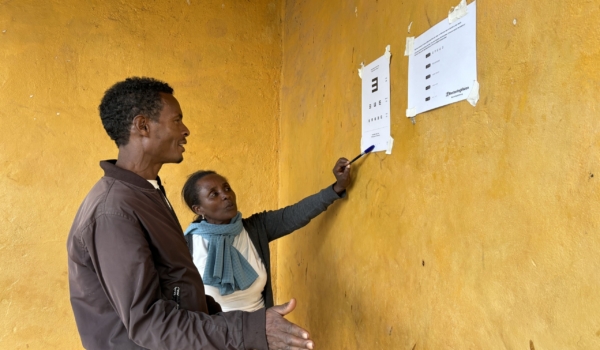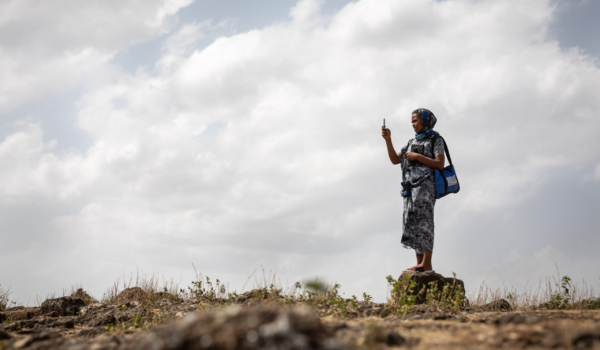September 25, 2025
Last Mile Health calls on the highest level of leadership, including Heads of State, Ministers of Health, Ministers of Finance, bilateral and multilateral partners, civil society, and the private sector, to fund, scale, and strengthen community health programs, as an integral part of primary healthcare, for the prevention and control of non-communicable diseases.
Non-communicable diseases are set to overtake communicable, maternal, neonatal, and nutritional diseases combined as the leading cause of mortality in sub-Saharan Africa by 2030. We are at a tipping point in the global fight to treat, manage, and prevent non-communicable diseases, and yet we are systematically underinvesting in our greatest resource: the community health workforce. From prevention to early detection, treatment to long-term management, community health workers are essential to mounting an effective response to non-communicable diseases.
In Ethiopia, Last Mile Health and the Ministry of Health launched a first-of-its-kind blended training in non-communicable diseases in 2024, adding a vital new skillset to community health workers’ services. To date, more than 11,000 community health workers have been trained, and we’re on track to reach all 40,000 community health workers nationally. This will not only make an impact nationally, it also offers a blueprint for other countries around the world. As the non-communicable disease burden rises, investing in community health solutions isn’t just smart—it’s essential to ensuring no one is left behind.




